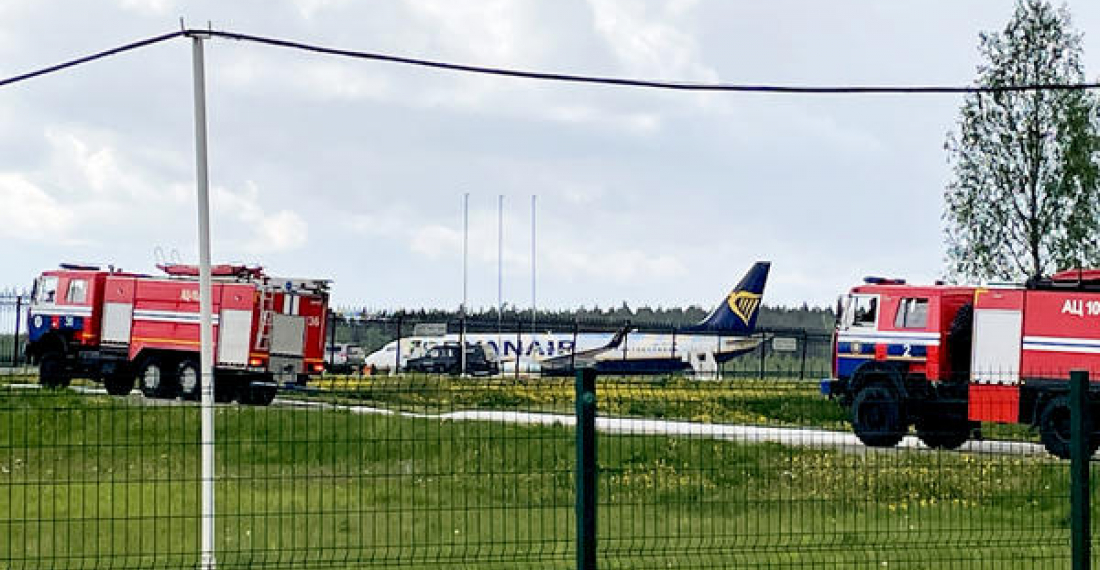The European Union has banned all Belaursian airlines from its airspace and airports.
In an announcement on Friday (5 June), the Council of the European Union, which represents the 27 member states, said that it has decided to strengthen the existing restrictive measures in view of the situation in Belarus by introducing a ban on the overflight of EU airspace and on access to EU airports by Belarusian carriers of all kinds.
EU member states will therefore be required to deny permission to land in, take off from or overfly their territories to any aircraft operated by Belarusian air carriers, including as a marketing carrier.
Today’s decision follows up on the European Council conclusions of 24 and 25 May 2021, in which EU heads of state and government strongly condemned the unlawful forced landing of a Ryanair flight in Minsk on 23 May 2021 endangering aviation safety. On that occasion the European Council also condemned the detention by Belarusian authorities of journalist Raman Pratasevich and Sofia Sapega, and called on the Council to adopt the necessary measures, including additional listings of persons and entities on the basis of the relevant sanctions framework, and further targeted economic sanctions.
In the meantime. the European Union Aviation Safety Agency (EASA) has also issued a directive calling for EU aircraft to avoid Belarusian airspace unless in an emergency.
That could affect about 400 civilian planes that usually fly over Belarus every day, according to the European air traffic control agency Eurocontrol.
Lufthansa and Air France are among the airlines that had already announced they would not fly over Belarusian airpsace
The EU has already agreed a raft of economic sanctions against those involved in the incident. It is drawing up further measures targeting the regime of Belarus's president Alexander Lukashenko.






